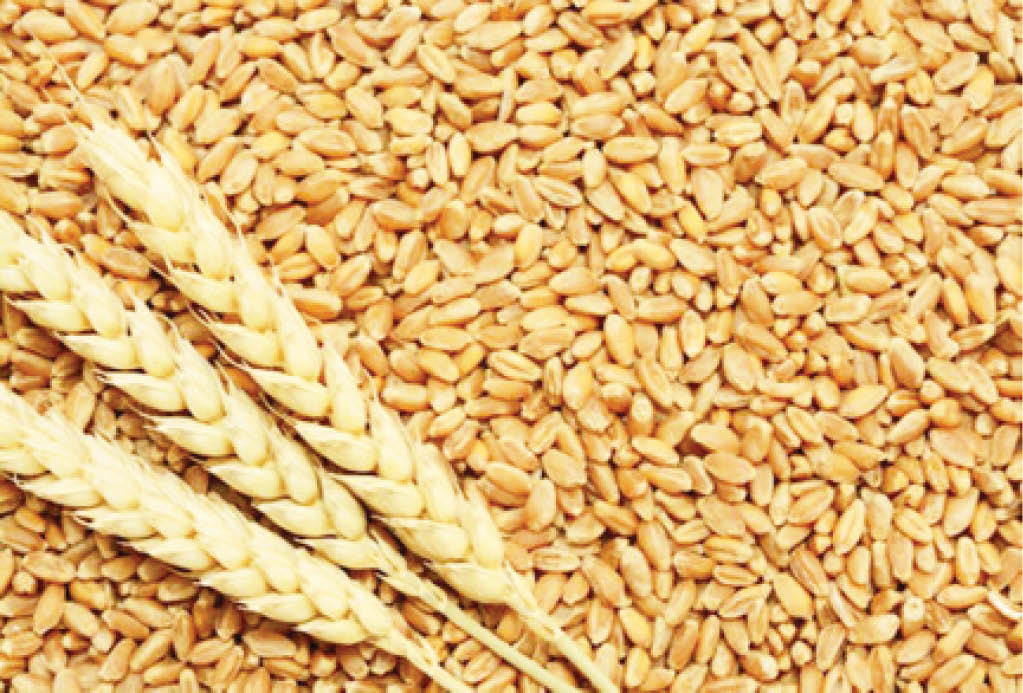Studies by Embrapa Suínos e Aves (SC) show that from a nutritional point of view, rice can complement or replace corn in animal feed. The conclusion could be great news for Brazilian swine and poultry farmers facing high prices stemming from the rising appreciation of corn and soybeans. At the same time, the excess supply of rice in the national market, with a surplus of 600 to 800 thousand tons in the 2020/2021 harvest, reinforces the grain’s viability to make poultry feed cheaper, which currently account for about 70percent of 80 percent of the production cost of the two activities.
“Embrapa has already shown that husked rice (brown rice), from a nutritional point of view, is perfectly suited to complement or replace corn in animal feed,” says researcher from Embrapa Suínos e Aves Jorge Vitor Ludke.
- 24 to win scholarship as forum urges Nigeria to up games on Mathematics deficiency
- The 2022 Committee and Nigeria’s leadership crisis
For three years now, corn and soy have influenced the performance of poultry, according to data from Embrapa Suínos e Aves’s Swine and Poultry Intelligence Center ( CIAS ), which monitors monthly the behavior of production costs in two sectors. To better understand how this influence happens in practice, it is enough to observe the trajectory of the price of sacks of corn and soybeans. According to the Center for Advanced Studies in Applied Economics ( Cepea), the real average price of a 60-kilogram bag of corn increased from R$50.11 in April 2019 to R$97.15 in April 2021 – that is, an increase of 93.9 percent. In the same period, the sack of soybeans increased by 68.1 percent. This means that the production costs of swine and poultry have grown almost at the same rate in the last three years.
This upward movement in corn and soybean prices was driven by uncertainties related to the Covid-19 pandemic, appreciation of the dollar against the real, high demand for grains in the Asian market (mainly the Chinese) and breaks in the first and second corn crops due to climate problems and the corn spittlebug, according to a study by the National Confederation of Agriculture and Livestock of Brazil ( CNA ) released in July 2021. The latest estimate from the National Supply Company ( Conab ) is that the total corn production in the 2020/2021 crop will reach 85 million, well below the 106 million tons initially projected. Thus, there is an expectation that in the short term there will be a deficit of between 15 and 20 million tons of corn on the domestic market.
“Rice, on the other hand, is in the opposite situation. Rice farmers from Rio Grande do Sul and Santa Catarina, responsible for 91 percent of Brazilian production, reached record productivity and delivered 8.5 million tons in the 2020/2021 harvest, the fourth largest in history. However, with the stabilization of consumption in the domestic market and lower sales abroad (especially to Africa) compared to 2020, there is rice left in the country. But now there is a surplus and animal feed is an alternative,” explains Rodrigo Ramos Rizzo, agricultural engineer and special advisor to the presidency of the Federation of Agriculture of Rio Grande do Sul ( Farsul).
Source: The Poultry Site

 Join Daily Trust WhatsApp Community For Quick Access To News and Happenings Around You.
Join Daily Trust WhatsApp Community For Quick Access To News and Happenings Around You.


